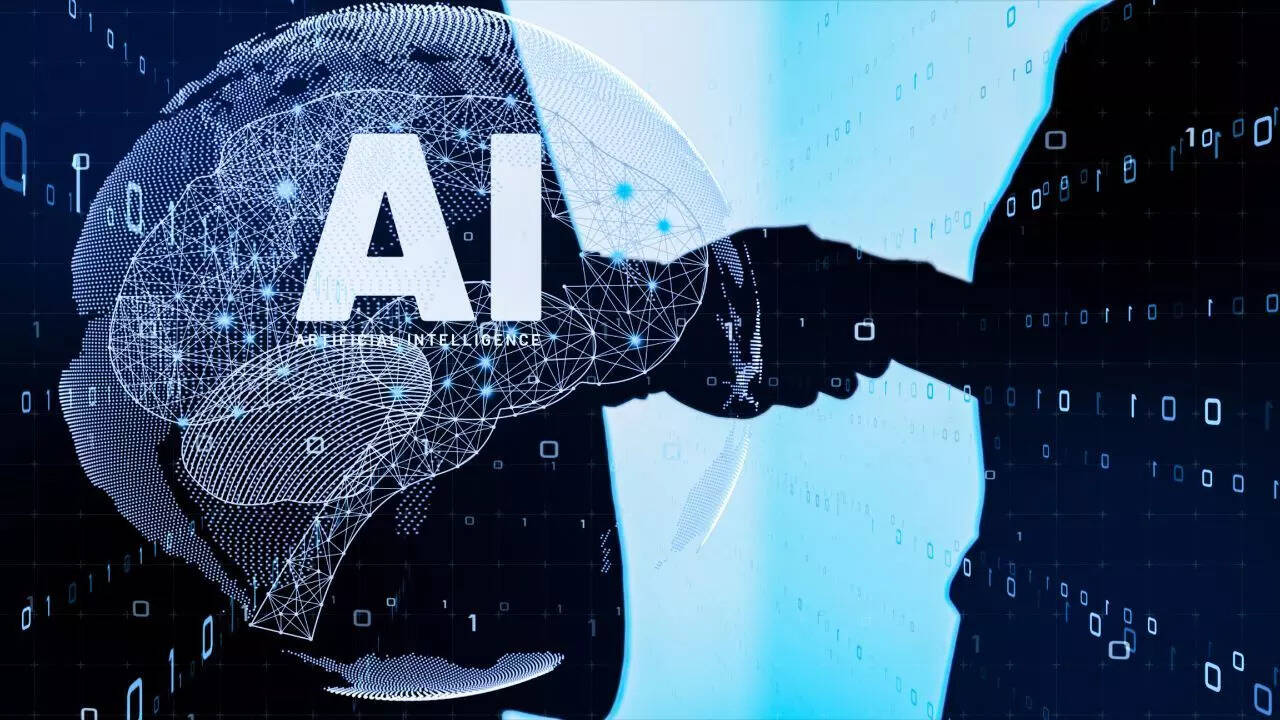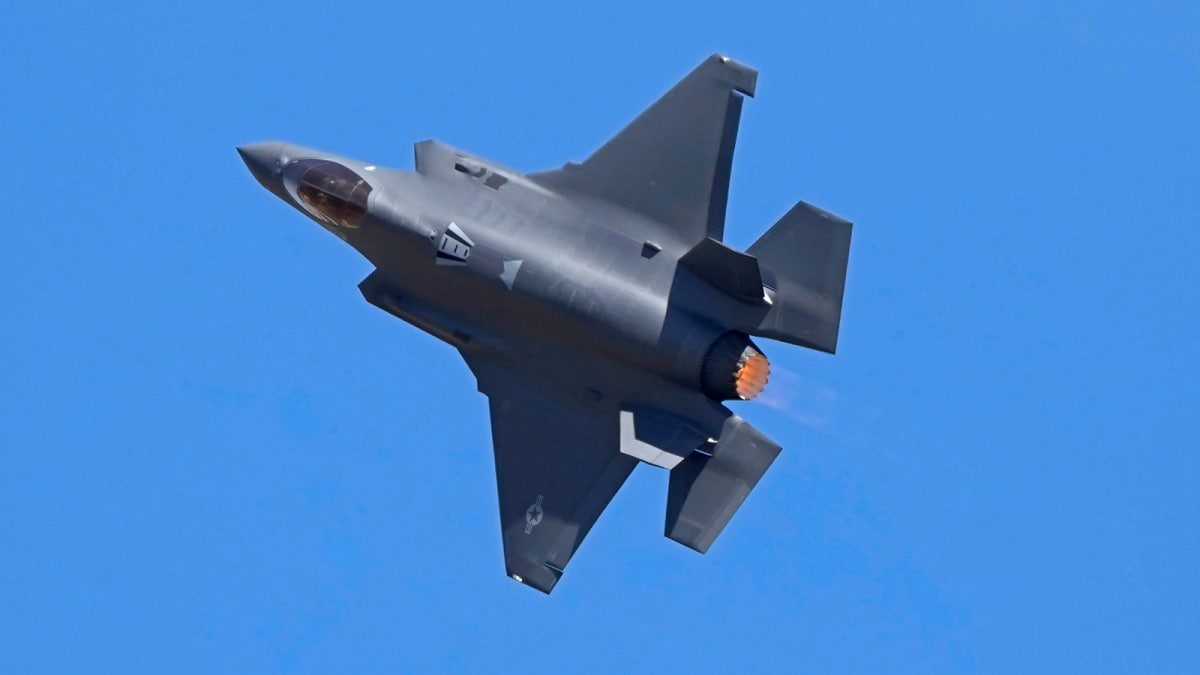ARTICLE AD BOX

A groundbreaking Microsoft study has ignited debate about the future of work, revealing how AI chatbots like Copilot and ChatGPT are already transforming workplaces. By analysing over 200,000 Copilot interactions across industries, researchers identified 40 jobs most impacted by AI and 40 least affected.
While language-driven professions, such as writing, translation, and customer support roles, show high AI overlap, manual labour and direct-care jobs remain largely unaffected. Microsoft emphasises that AI is not replacing entire careers but augmenting tasks and boosting productivity. The findings highlight an urgent need for workers to embrace AI tools, enhance digital skills, and adapt to evolving workplace expectations.
Microsoft study reveals list of jobs at risk from AI
The study found that jobs heavily focused on language, content creation, and repetitive communication tasks are most impacted by AI chatbot integration. Key roles include:
- Interpreters and Translators – AI excels at rapid text conversion and language support.
- Writers and Authors – Drafting content, summarizing data, and ideation are easily assisted by AI.
- Customer support representatives – Automating responses, FAQs, and basic troubleshooting reduces repetitive workload.
- Ticket agents and telephone operators – Routine customer interactions are increasingly managed by chatbots.
These jobs experience high AI overlap because tools like Copilot streamline research, summarization, and information delivery at scale, enabling workers to focus on strategy rather than routine tasks.

Jobs safe from AI chatbots: Construction, cleaning, and care professions
Conversely, manual labor and care-based professions show little interaction with AI chatbots. These jobs require physical presence, dexterity, or emotional intelligence that AI cannot replace:Roofers and Construction Laborers – Tasks rely on physical skill and on-site expertise.
Massage Therapists and Phlebotomists – Hands-on care and patient interaction remain human-dependent.Janitors, Dishwashers, and Housekeepers – Physical cleaning tasks lack AI applicability.Bridge and Lock Tenders – Mechanical and site-specific duties see no AI integration.These roles remain resilient to language-based AI because their core functions cannot be digitized or automated through chatbot technology alone.
Microsoft clarifies: AI is a tool, not a job killer
Importantly, Microsoft notes that no profession is fully automated by AI chatbots. Even in high-impact sectors like writing and translation, human judgment, creativity, and ethical oversight remain critical. The study focused solely on text-based generative AI, not physical robotics. As a result, while digital workflows are evolving, full career automation remains unlikely in the near future. Instead, AI tools are augmenting productivity, freeing workers to handle complex, creative, and strategic tasks.Experts say this research is a wake-up call: workers should adopt AI literacy, develop prompt-writing skills, and learn AI limitations to remain competitive. For manual labor jobs, AI disruption is minimal for now, but future robotics-driven automation could change that. Businesses, meanwhile, are urged to view AI as a collaborative co-pilot rather than a workforce replacement. The best career defense is continuous learning and embracing AI as part of daily workflows.
Microsoft study reveals AI impact related FAQs
Which jobs are most affected by AI?Writers, translators, customer support roles, and other content-driven jobs.Which jobs are least affected?Manual and care-focused jobs like housekeeping, roofing, and massage therapy.Does Microsoft predict job loss?No, the study measures AI overlap, showing augmentation—not replacement.How can workers prepare?By learning AI skills, understanding its limits, and focusing on strategic tasks.Also Read | Whales wash ashore in Japan after 8.7 magnitude Russia earthquake triggers Tsunami warnings



.png)
.png)
.png)
















 19 hours ago
5
19 hours ago
5








 English (US) ·
English (US) ·